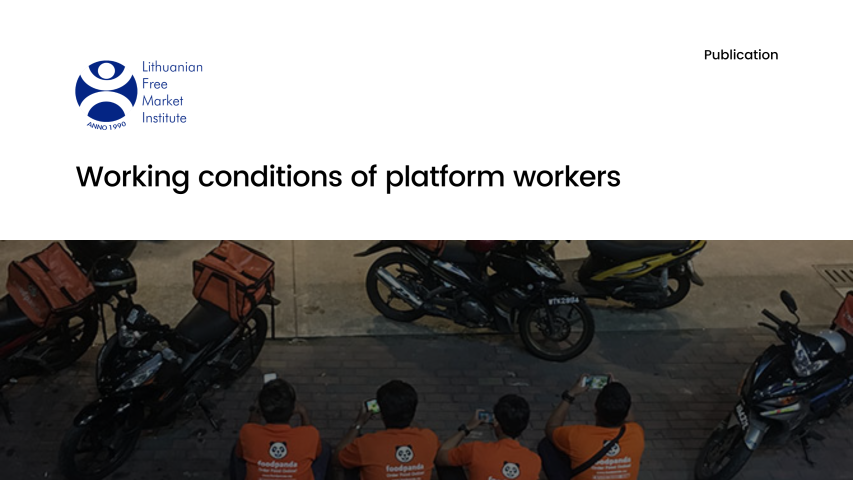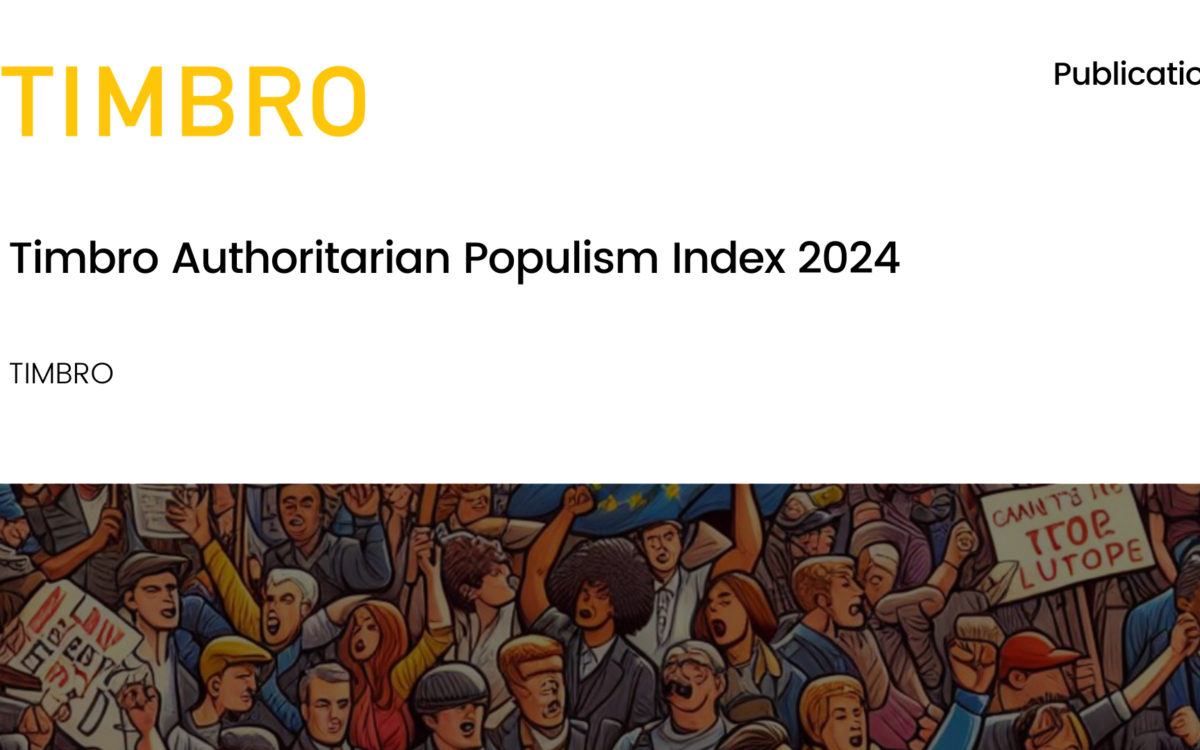Working Conditions of Platform Workers

Working Conditions of Platform Workers
6 October 2020
The European Commission has published a study on working conditions of platform workers. The report identifies key challenges related to platform work, such as employment status, autonomy, and information available to the workers about their working conditions, non-discrimination and dispute resolution.
The present position paper argues that the said challenges are primarily caused by overly-rigid labour market regulations and therefore should be addressed not by introducing new legislation, but by allowing voluntary agreements between parties involved.
This approach would be in line with the characteristics of the sharing economy, which relies heavily on interpersonal trust, connections, feedback, and market mechanisms. Intervention on the part of the EU or Member States may have negative effects and is not advisable.
The breakthrough of the gig economy was preconditioned by the absence of regulation, i.e. more freedom to create and act. Attempts to introduce centralized rigid regulations would be a step backwards and would deny the very essence of working through online platforms.
Applying employment standards to platform workers may be detrimental on a larger scale since this particular market segment has developed in essence to avoid rigid labour regulations.
Download or share this publication
View the PDF
EPICENTER publications and contributions from our member think tanks are designed to promote the discussion of economic issues and the role of markets in solving economic and social problems. As with all EPICENTER publications, the views expressed here are those of the author and not EPICENTER or its member think tanks (which have no corporate view).



